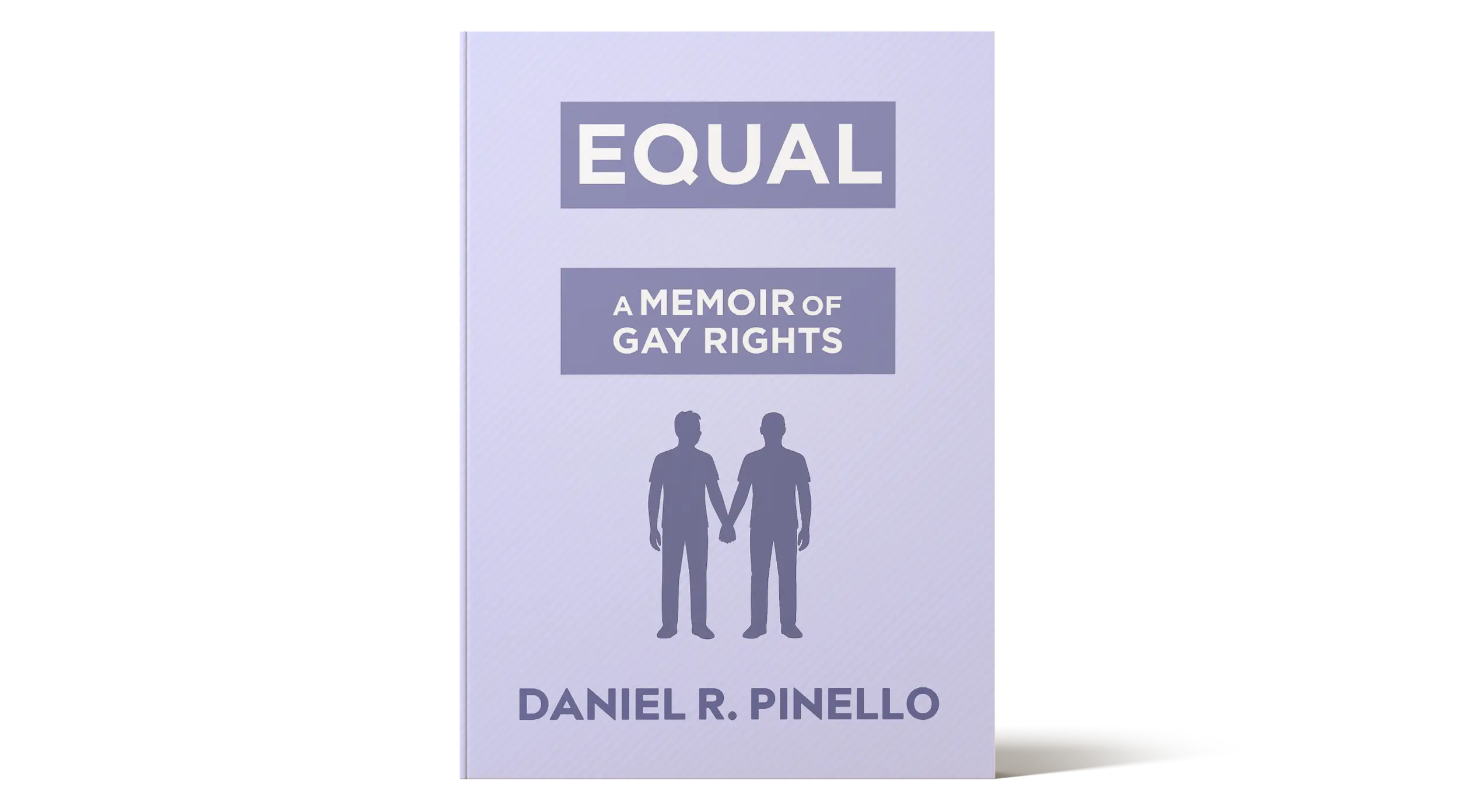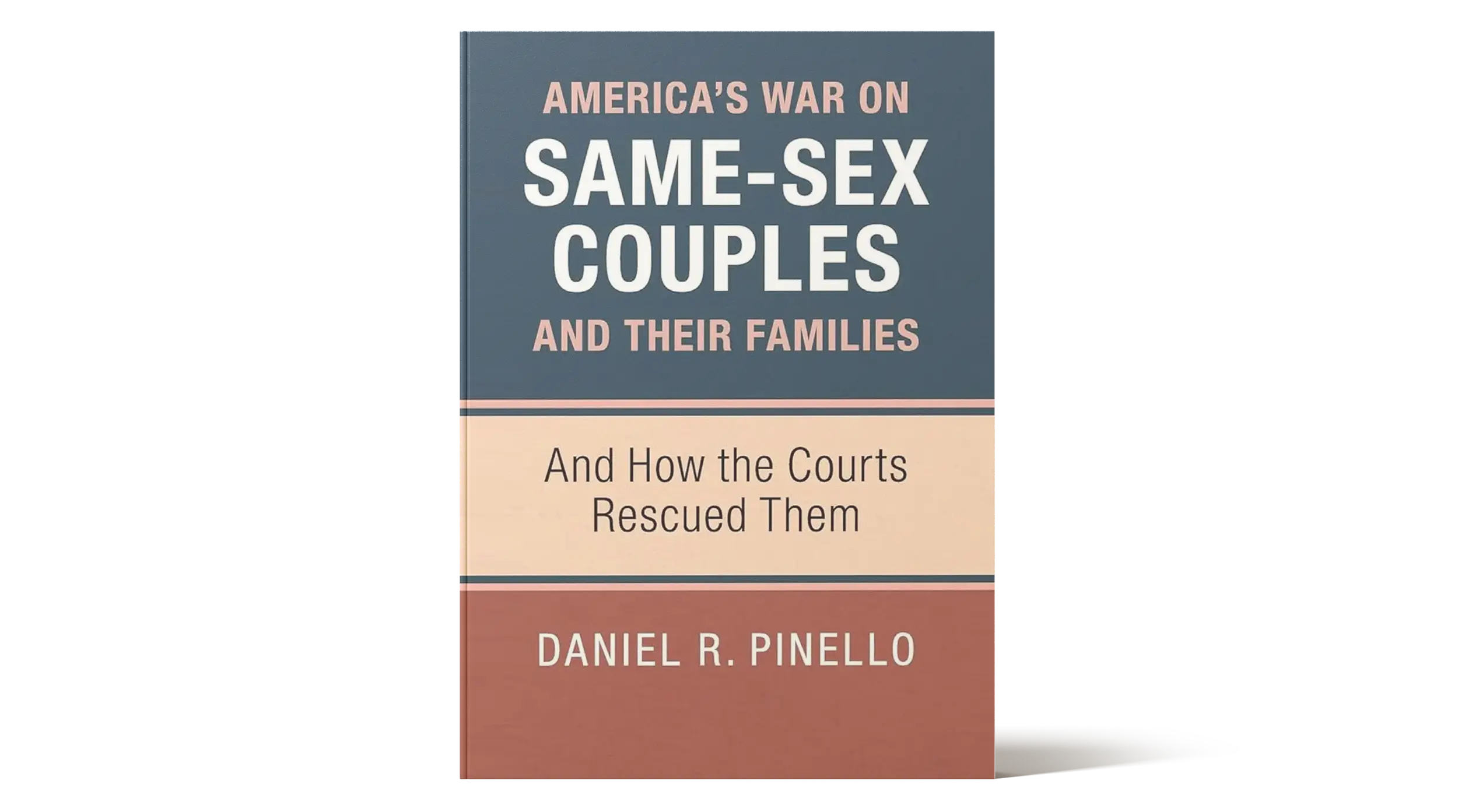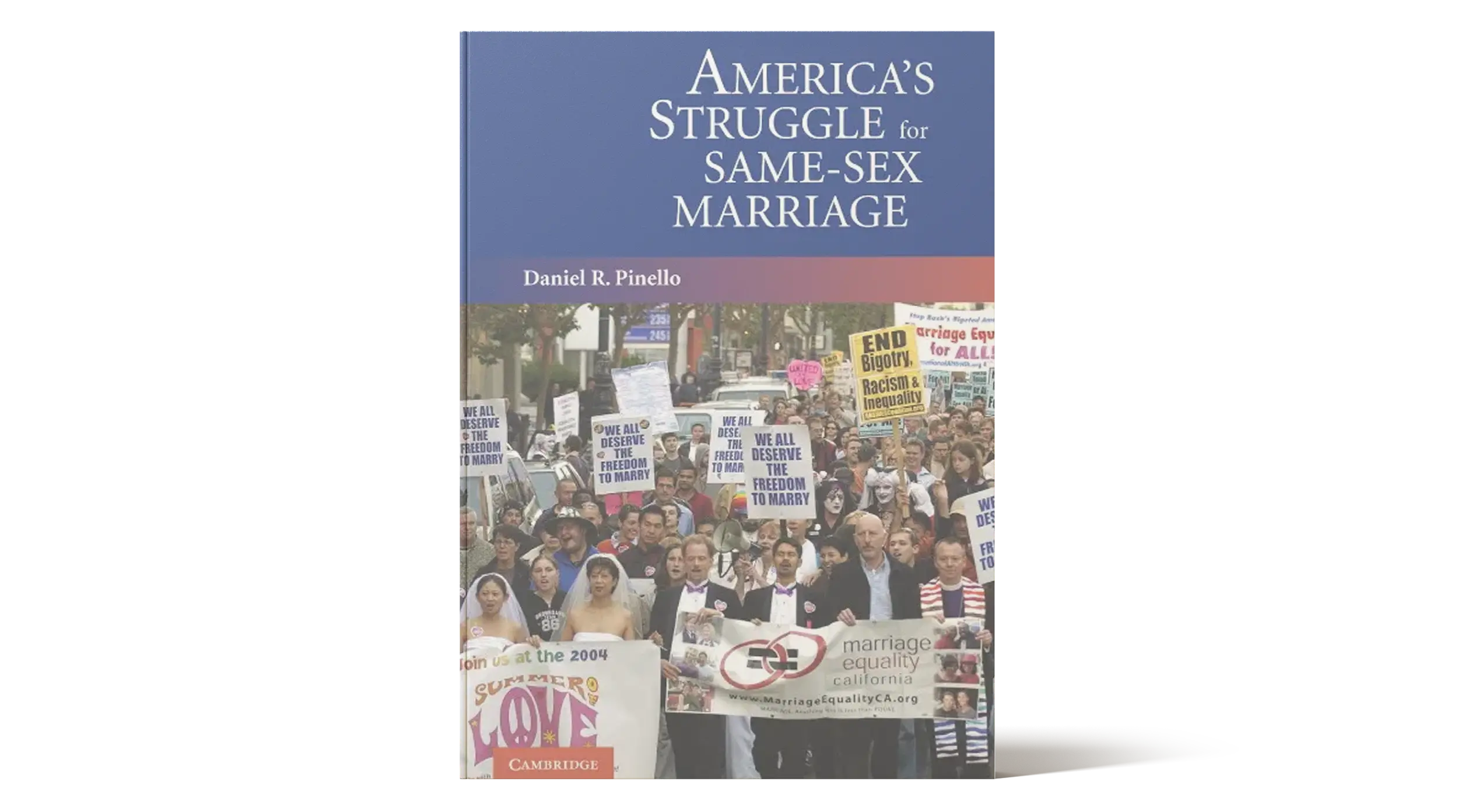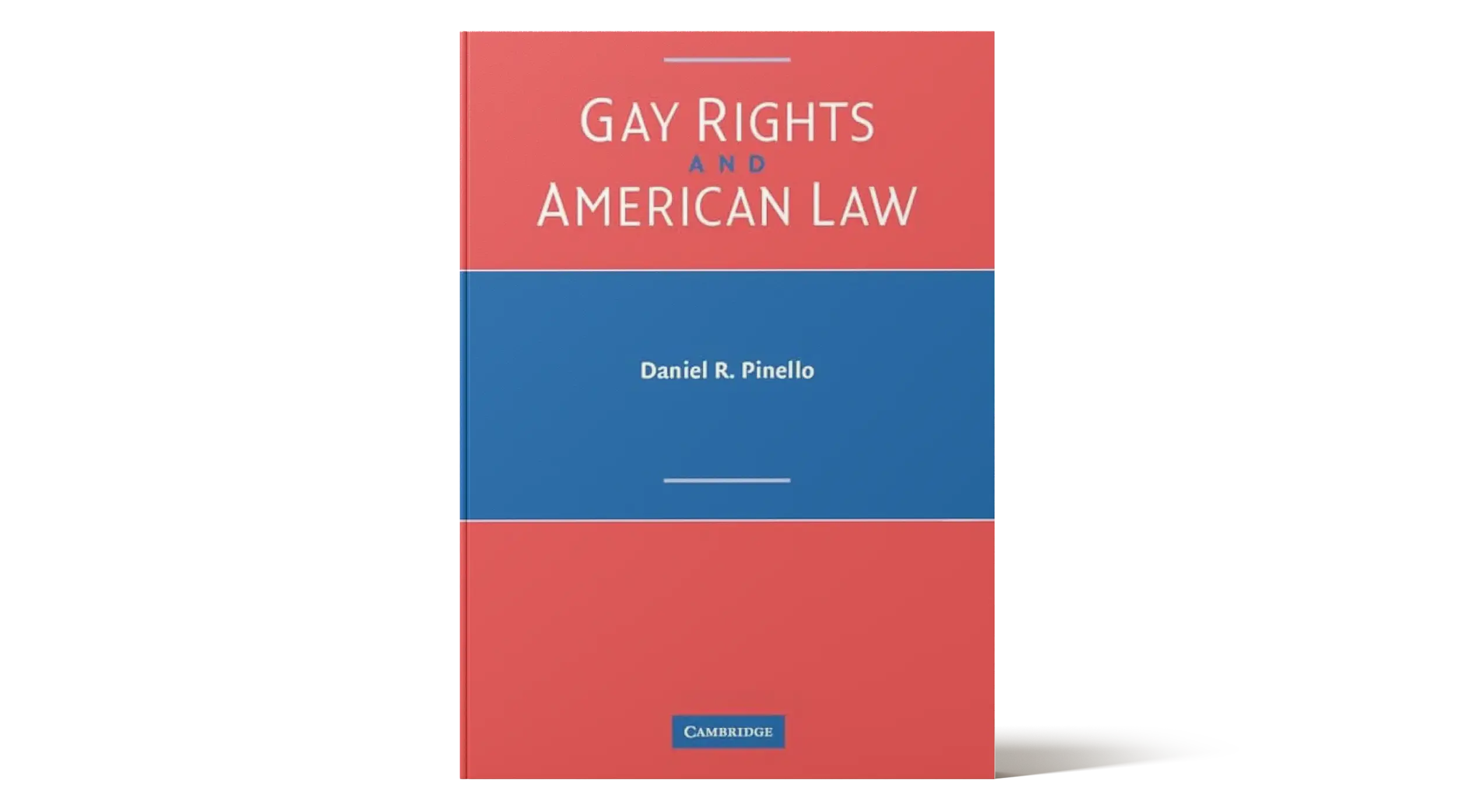Gajovski v. Gajovski
Ohio Court of Appeals, Ninth District|
81 Ohio App.3d 11, 610 N.E.2d 431
May 8, 1991
REECE, Judge.
Does a homosexual relationship constitute concubinage for the purpose of terminating alimony under the terms of a dissolution decree? Danny Lawrence Gajovski, contesting the trial court’s judgment answering that question in the negative, seeks this court’s review. For the reasons that follow, we affirm.
Facts
The trial court dissolved the marriage of Danny Gajovski and Sandra Lee Grace Gajovski by decree on July 1, 1986. Danny agreed to pay Sandra alimony of $75 per week “until July 16, 1989, or until [Sandra] dies, remarries or lives in a state of concubinage, whichever shall first occur.”
On April 29, 1988, Danny moved the court to terminate alimony, claiming that Sandra was living in a state of concubinage. At the hearing before the referee, Sandra testified that following the dissolution Vicki Johnson moved into the former Gajovski marital residence. Vicki Johnson testified that she and Sandra shared bed and board, engaging in sexual relations. The referee concluded that although Sandra and Vicki Johnson were living together and sexually involved, the relationship did not represent concubinage within the confines of Ohio law. The trial court, sustaining Danny’s objections to the referee’s report, granted the motion to terminate alimony based on changed circumstances. Sandra appealed.
On appeal, this court determined that the trial court erred by granting Danny’s motion on a basis neither alleged nor preserved by the parties’ dissolution decree and separation agreement, and remanded the cause to the trial court for it to “decide if Sandra is living in a state of concubinage before it can terminate her alimony.” Upon our remand, the trial court reviewed the referee’s findings of fact and recommendations and determined that Sandra was not living in a state of concubinage. The court denied Danny’s motion and granted judgment to Sandra for unpaid alimony between July 1, 1988 and July 16, 1989, plus interest. Danny appeals.
Assignment of Error
“The trial court erred in finding that concubinage had not been established and denying petitioner-appellant’s motion for termination of alimony.”
The issue placed squarely before us is whether a homosexual relationship between parties living together in the same household constitutes concubinage as contemplated by a dissolution decree. Our search for Ohio law probing into this issue reveals a void; we have not discovered a single case which has even mentioned the matter at hand. We are thus compelled to look to our sister states to uncover the prevailing view, older dictionaries excepted, as to concubinage and homosexuality.
Particularly instructive in this regard is Succession of Bacot (La.App.1987), 502 So.2d 1118, 1127-1130, in which the Court of Appeal of Louisiana, Fourth Circuit, exhaustively detailed the origins of concubinage, beginning its analysis with the Book of Genesis, 35:22 and 49:4. Passing from the early Roman Empire through Emperor Constantine and on to the Code Napoleon as adopted by Louisiana on this historical tour de force, the appellate court determined that “concubinage has traditionally been described and held to be a relationship in which a man and a woman, that is, two people capable of contracting marriage, are involved in an open, illicit sexual relationship approximating marriage.” (Emphasis sic.) Noting that Louisiana law has never included a mechanism for recognizing marriage between persons of the same sex, the court concluded that:
“Homosexuals living together, no matter what the duration, can never marry, and therefore such individuals can never be concubines to one another. A concubine is as essential to a state of concubinage as a ghost is to Hamlet. Thus, a man cannot live in open concubinage with another man.”
Ohio is likewise without a mechanism by which to recognize homosexual marriage. In fact, Ohio law permits marriage only between members of the opposite sex. This requirement applies even in a situation where one party has obtained such gender status by means of transsexual surgery; in the contemplation of Ohio jurisprudence, one’s gender at birth is one’s gender throughout life. See In re Ladrach (1987), 32 Ohio Misc.2d 6, 10.
Returning to the facts at hand, and applying the well-reasoned analysis of Bacot, we find ourselves in agreement with the Louisiana court. It is therefore our holding that a woman cannot live in concubinage with another woman, as homosexuals living together in Ohio can never marry, and, thus, can never be concubines to one another. Because the dissolution decree and separation agreement expressly premised the termination of alimony upon Sandra’s death, remarriage or living “in a state of concubinage,” we are constrained to give proper meaning to the terms the parties chose to utilize. Concubinage, as we have determined, has not arisen from the facts of this case. It is not the function of an appellate court to rewrite an agreement for parties and their lawyers.
The assignment of error is overruled and the judgment of the trial court is affirmed.
Judgment affirmed.
BAIRD, Judge, dissenting.
It seems to me that the more traditional source of guidance concerning the meaning of a term used by the parties in an agreement is a dictionary. I have been unable to locate any dictionary which states that the legal capacity to be married is a requisite factor in determining whether a relationship can be said to be one of concubinage. While it quotes heavily from the Napoleonic Code, the Louisiana opinion relied upon by the majority contains no reference to any dictionary.
Webster’s Third New International Dictionary, unabridged (1961) sets forth the following as a definition of “concubine”: ” * * * a man living in a state of concubinage to another man or a woman.” Frankly, I fail to see why a more restrictive supposition should be made as to the intent of the parties in this case. It seems reasonable to suppose that the parties had in mind a permanent living arrangement, involving sex, under circumstances leading to the inference that some of the alimony was going toward the support of the paramour. It does not seem readily apparent why the parties would have wanted to continue the alimony merely because the paramour is not legally able to marry the former spouse.
I would reverse the judgment.



